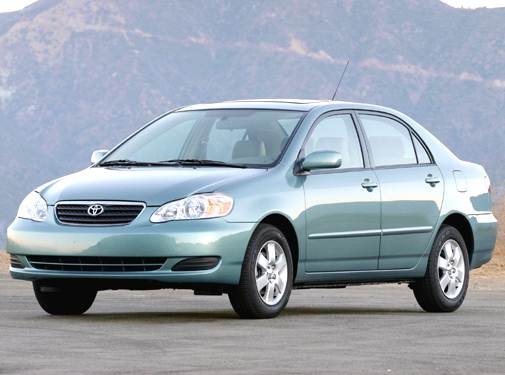Your car’s transmission is responsible for transmitting power from the engine to the wheels. A minor issue with it can have a major effect on how well your Corolla performs.
If you notice shifting delays, grinding during acceleration or a loud whistling noise coming from beneath the hood, it’s time for your Corolla to get inspected.
Cost of Parts
When it comes to the cost of parts for a 2005 Toyota Corolla transmission replacement, many factors can impact the final price. Your vehicle’s make and model as well as how long and effort it takes to replace parts can significantly influence pricing.
One of the most frequent repairs required on a vehicle is changing its transmission fluid. This essential maintenance task helps ensure your car’s transmission works efficiently and safely, helping ensure you don’t encounter any major breakdowns down the line.
However, changing transmission fluid is no small feat and requires special tools and expertise to complete. That’s why it’s wise to consult your owner’s manual for specific mileage and time intervals when your car should have its fluid changed.
Another service you can perform to keep your Toyota Corolla transmission running optimally is a transmission flush. This service typically costs twice as much as a fluid change and replaces not only the fluid in the pan but also removes fluid from cooler lines and contrasting components.
👀Look at this: 2005 Toyota Corolla Transmission Fluid Capacity
Cost of Labor
Your car’s transmission is responsible for transmitting power from your engine to the wheels, so when it fails it can cause major issues with driving. Issues may range from shifting delays, grinding or jumping during acceleration to whistling noises and a burning smell underneath the hood.
If you are dealing with any of these issues, it’s essential to book a transmission repair as soon as possible. Doing so will save you from spending unnecessary money on repairs and parts replacement.
If your transmission is slipping or you’re hearing strange noises, a simple repair may be the solution. Many common fixes can be completed at your local dealership without the need for an extensive rebuild or replacement.
However, if your transmission is damaged or leaking, rebuilding may be the best course of action. This involves disassembling your car’s transmission to identify what’s causing it to malfunction and replacing any damaged parts with new ones. While this can be a lengthy process and costlier than simple repairs, the savings in the long run make up for it.
Cost of Repairs
The cost of repairs varies based on the severity of the damage. Minor issues may be fixable with parts and labor, while more serious issues might need to be replaced altogether.
Toyota vehicles are renowned for their dependability, making them affordable to maintain. Unfortunately, some recent model years have experienced transmission-related issues which can quickly escalate in cost.
A transmission is responsible for converting power into speed, so even minor problems can affect your vehicle’s performance and efficiency. Signs such as shifting delays, jumping or grinding during acceleration, or whistling noises all point towards an issue with your transmission.
Maintain your vehicle’s transmission fluid levels at least every 30,000 miles or so by performing regular changes. Doing so will keep your Toyota Corolla transmission lubricated and healthy.
🚨You may be interested in: 2005 Toyota Corolla Transmission Fluid Change
Cost of Replacement
The transmission is an essential element of your vehicle, enabling you to drive smoothly. Issues with your transmission can range from slow shifting and whistling noises, to loss of power and erratic performance.
If you notice any of these warning signs, it may be time for your 2005 Toyota Corolla to get in for transmission replacement. A malfunctioning transmission can make driving a nightmare and could even lead to more costly repairs in the future.
One way to ensure your transmission remains optimal is by changing the fluid regularly. Experts suggest changing it every 30,000 to 60,000 miles for optimal performance and longevity.
You can also look for leaks or low transmission fluid levels that indicate a problem. These issues are usually easy to spot and can usually be fixed by an experienced professional, so it’s essential that you pay attention to them.

